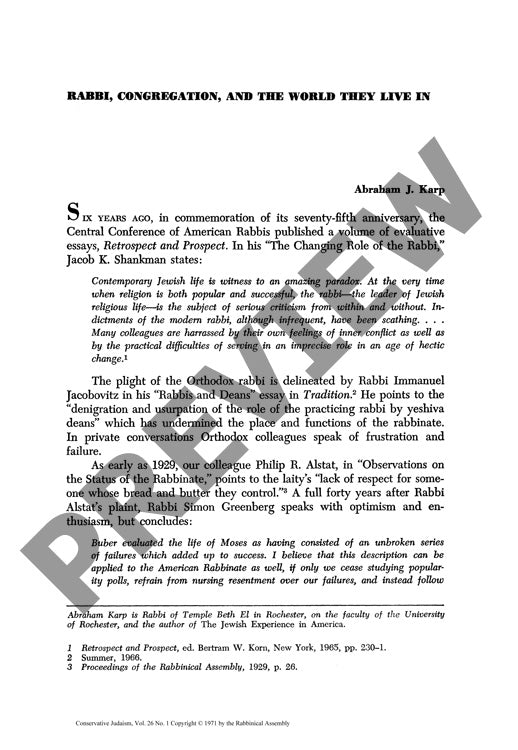Rabbi Congregation and the World They Li
Couldn't load pickup availability
American rabbis today face an identity crisis born from conflicting expectations, as they navigate between European Jewish traditions and American Protestant ministerial models. Through analysis of sociological trends, religious authority structures, and institutional adaptations within American Jewish communities, five critical challenges emerge: a secular freedom ideology rejecting traditional morality, universities supplanting religious institutions as society's moral compass, eroding religious authority, increased population mobility disrupting communities, and technological advancement creating a new leisure class. The evolution of American synagogues reflects these tensions, transforming from colonial community centers to institutions modeled after Protestant churches - adaptations that mirror broader cultural shifts from the melting pot ideal through cultural pluralism to religious differentiation. Comprehensive examination of these changes reveals widespread frustration among religious leaders struggling to define their roles amid competing demands. To thrive independently of declining Christian establishments, Jewish institutions must emphasize their distinctive characteristics: learning, community involvement, and deed-centered spirituality. Establishing religious communes, expanding adult education, and restructuring congregations as comprehensive communities rather than worship-centered institutions offer promising paths forward for American Judaism's contemporary challenges.

More Information
-
Physical Description
-
Publication Information
Published 1971
ISBN
-
Publication Credits
Abraham Karp

